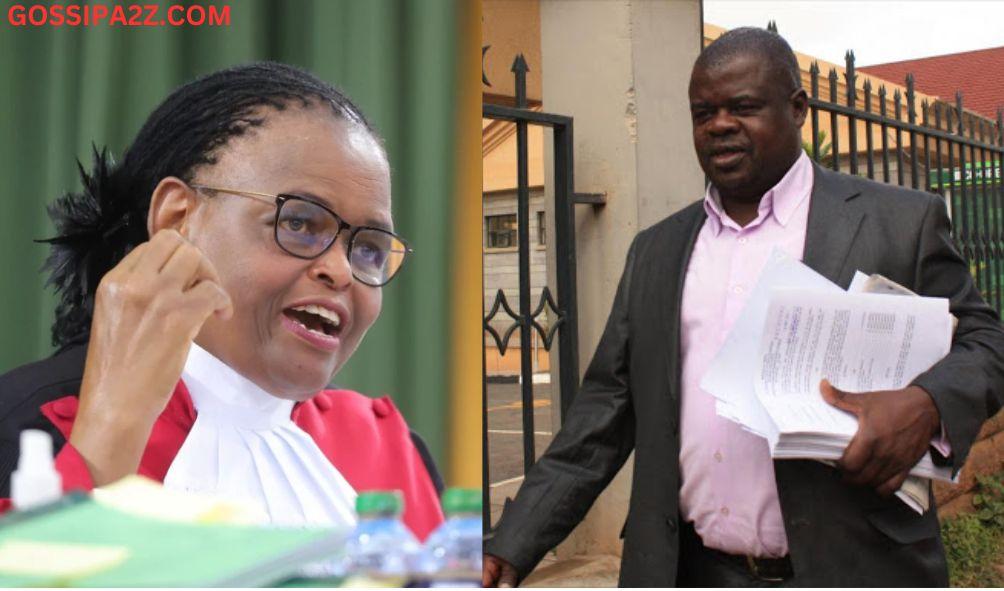Supreme Court Caution to Omtatah: Watch Your Words
The Supreme Court has issued a warning to Senator Okiya Omtatah of Busia for allegedly making derogatory remarks about certain judges.
Omtatah, a vocal critic of the government, allegedly made a series of statements against a portion of the Supreme Court majority, prompting the warning.
However, the Supreme Court Judges neglected to identify the concerns raised against them by the activists.
Judges of the Supreme Court noted that Omtatah’s remarks were unbecoming of a public official and a respondent in a case pending before the court.
“Our attention has been drawn to a video clip circulating in the public domain showing, Okiya Omtatah Okoiti, the 1st applicant in the instant Motion, naming Judges of this Court in a derogatory manner, even as this matter was pending before us,” the court ruled.
“We must remind parties that the dignity and authority of this Court or indeed any court of law should not be taken for granted.”
In the statement, Supreme Court Judges reminded Omtatah that he could be held accountable for his actions and emphasized that the Judiciary will not tolerate such conduct.
“We would like to state without any equivocation that we shall not hesitate to cite and punish any party or person whose conduct interferes or attempts to interfere with the course of justice about any matter pending determination before the Court or whose conduct deliberately undermines the Court’s authority or dignity,” the judges ruled.
ALSO READ: Supreme Court Dismisses Omtatah’s Bid To Stop Implementation Of Finance Act 2023
“We find the message delivered in that video clip contemptuous and debasing the dignity of this Court.”
The 2016 Contempt of Court Act defines contempt as any act that interferes with or threatens to interfere with the administration of justice.
The Act divides court contempt into two categories, including direct contempt, which is committed in the court’s presence, such as disobeying a court order or disrupting a court proceeding.
Publication of false or misleading information about a court case is an example of indirect contempt, which occurs outside the court.
The Act stipulates that a person convicted of contempt of court is subject to a maximum fine of two hundred thousand rupees, a maximum prison term of six months, or both.
The Act also stipulates that an individual found to be in contempt of court may be required to pay court costs.
The purpose of the law of contempt of court is to safeguard the administration of justice. It guarantees that the courts can operate efficiently and that the public can have faith in the judicial system.
Supreme Court Caution to Omtatah: Watch Your Words
